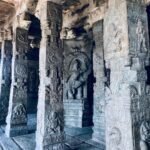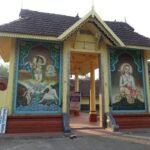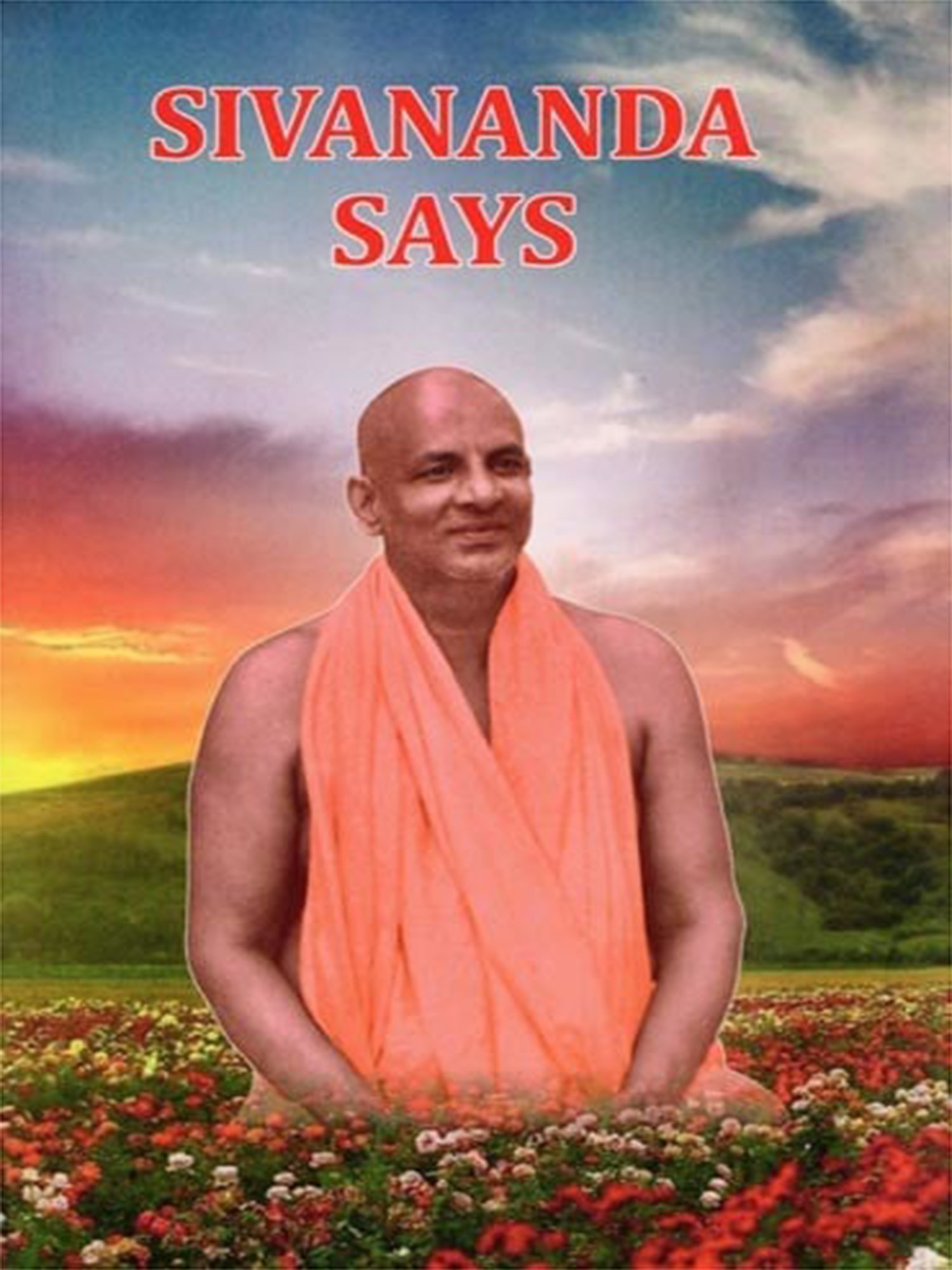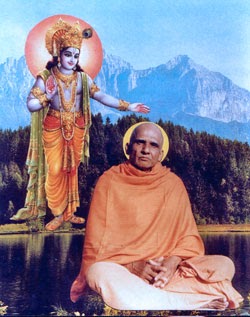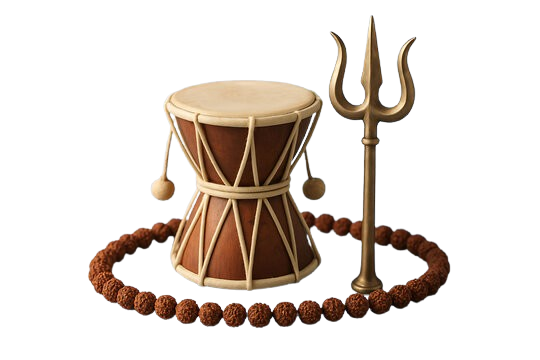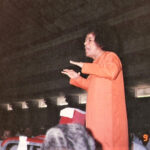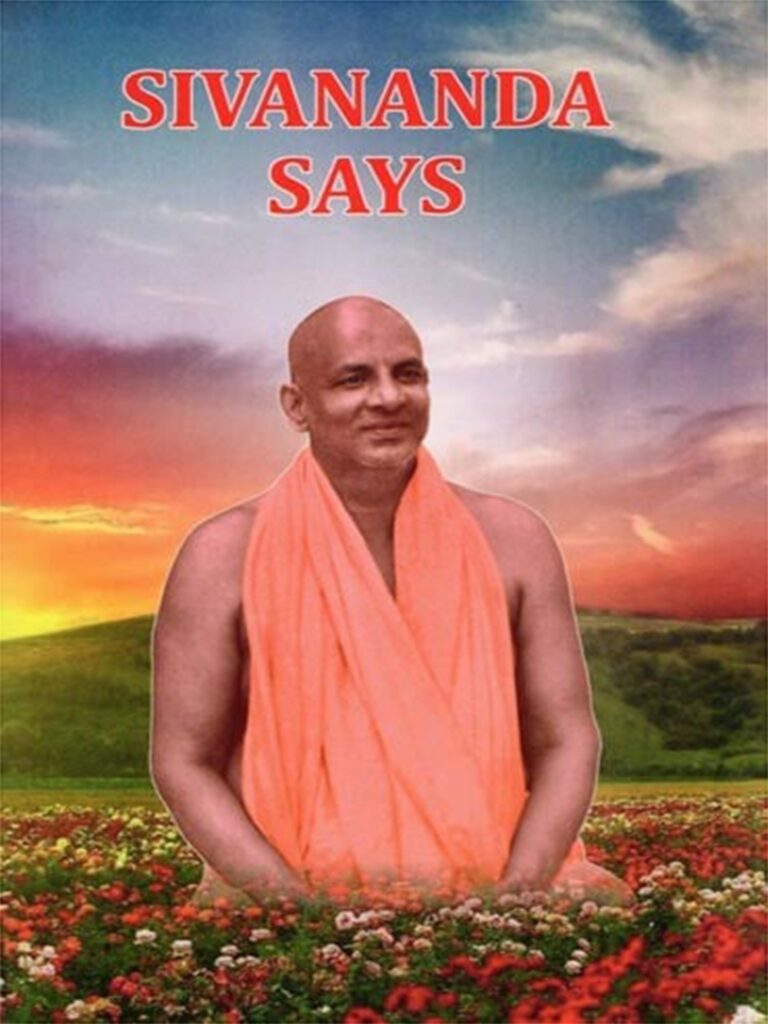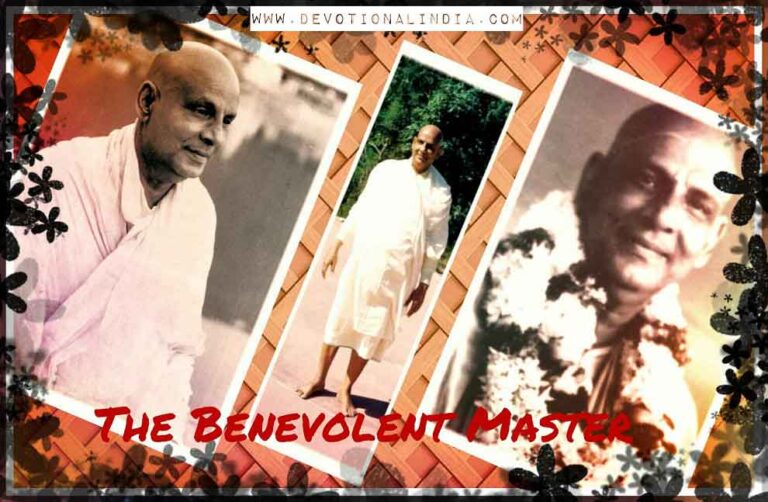Summer Showers in (1973)
Summer Showers in (1973)
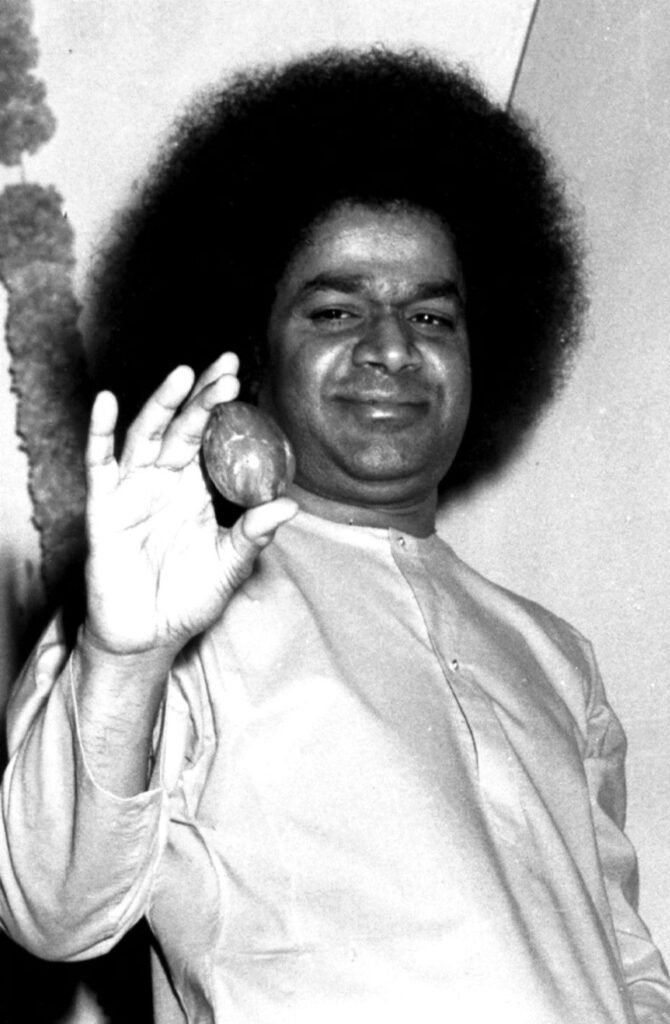
Summer Showers 1973 is a compilation of discourses delivered by Sri Sathya Sai Baba during the Summer Course on Indian Culture & Spirituality held at Brindavan (Whitefield, near Bangalore) in 1973. The central theme of these teachings is the relationship between Man and God — how one may grow in awareness of the Divine within, live righteously, and gradually move towards self‑realization through inner purification, service, moral conduct and surrender.
One of the early discourses stresses the sanctity of the teacher‑pupil relationship: how the teacher (guru) is not just a transmitter of knowledge, but plays a crucial role in shaping character, upliftment of values, and opening the heart of the student toward the Divine. Alongside this is the teaching about the cycle of birth and death, and how attachment, ignorance and sense‑desires bind one to this cycle; detachment, selfless service and right choice are ways to break free. Sai Baba also emphasises that human life is sacred and must not be wasted — life should be lived with purpose: truth, morality, truthful speech, virtuous action, and avoiding misuse of tongue and senses.
The discourses devote attention to company (sakha) of good people as essential — being around good influences, noble conduct, pure thoughts helps one rise; evil or unwholesome company drags one down. There is also a strong emphasis on service to man as service to God, which is one of the practical paths to realize the inner Divine — by serving others, one purifies the heart, reduces ego and experiences joy beyond selfish satisfaction.
“Senses conquest” is another major theme: the idea that senses (indriyas) if uncontrolled, bring sorrow; mastering them leads to peace. Worship of form and name is discussed — that one may use images or forms as aids, but the deeper understanding is that God transcends form; yet for many people form and name are valid paths to bring the mind to God.
Morality and truth are held up as the basis of culture: without honesty, integrity, uprightness in speech and action, spiritual life remains weak. Also, detachment is shown not as negative coldness but as a positive capacity: detachment from craving, from fear, from anxiety, while still engaging life with love and duty.


